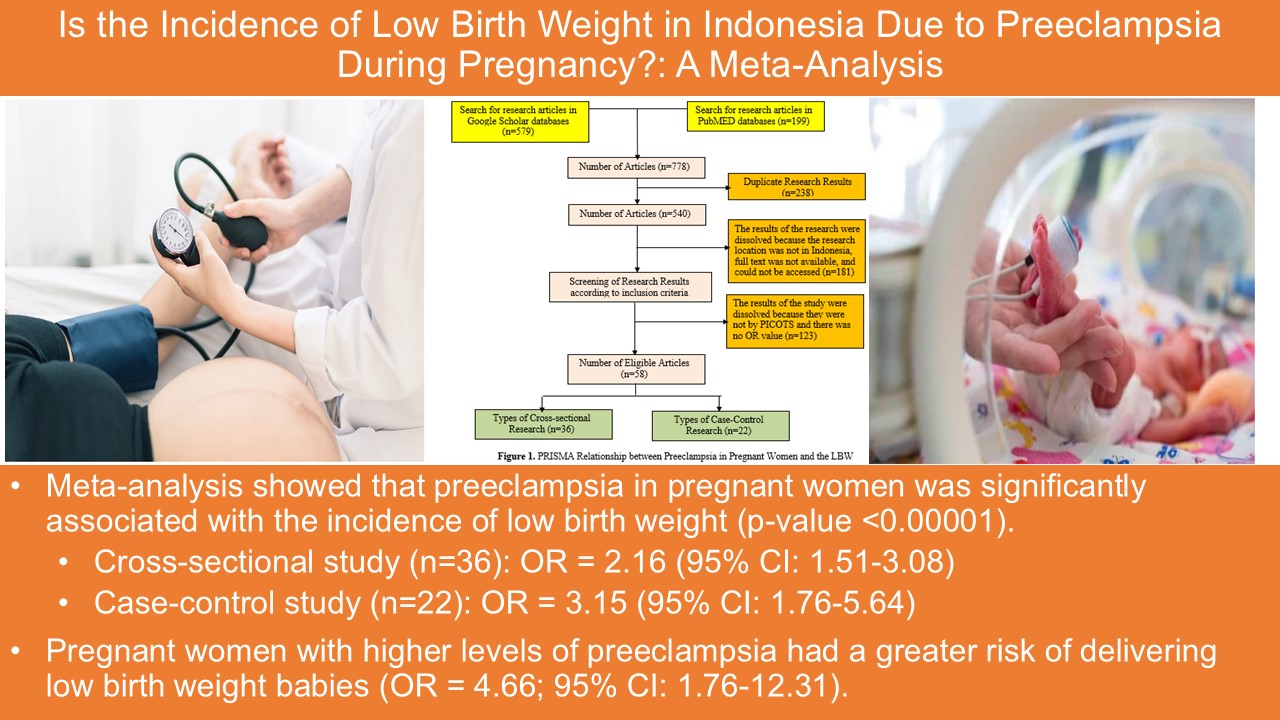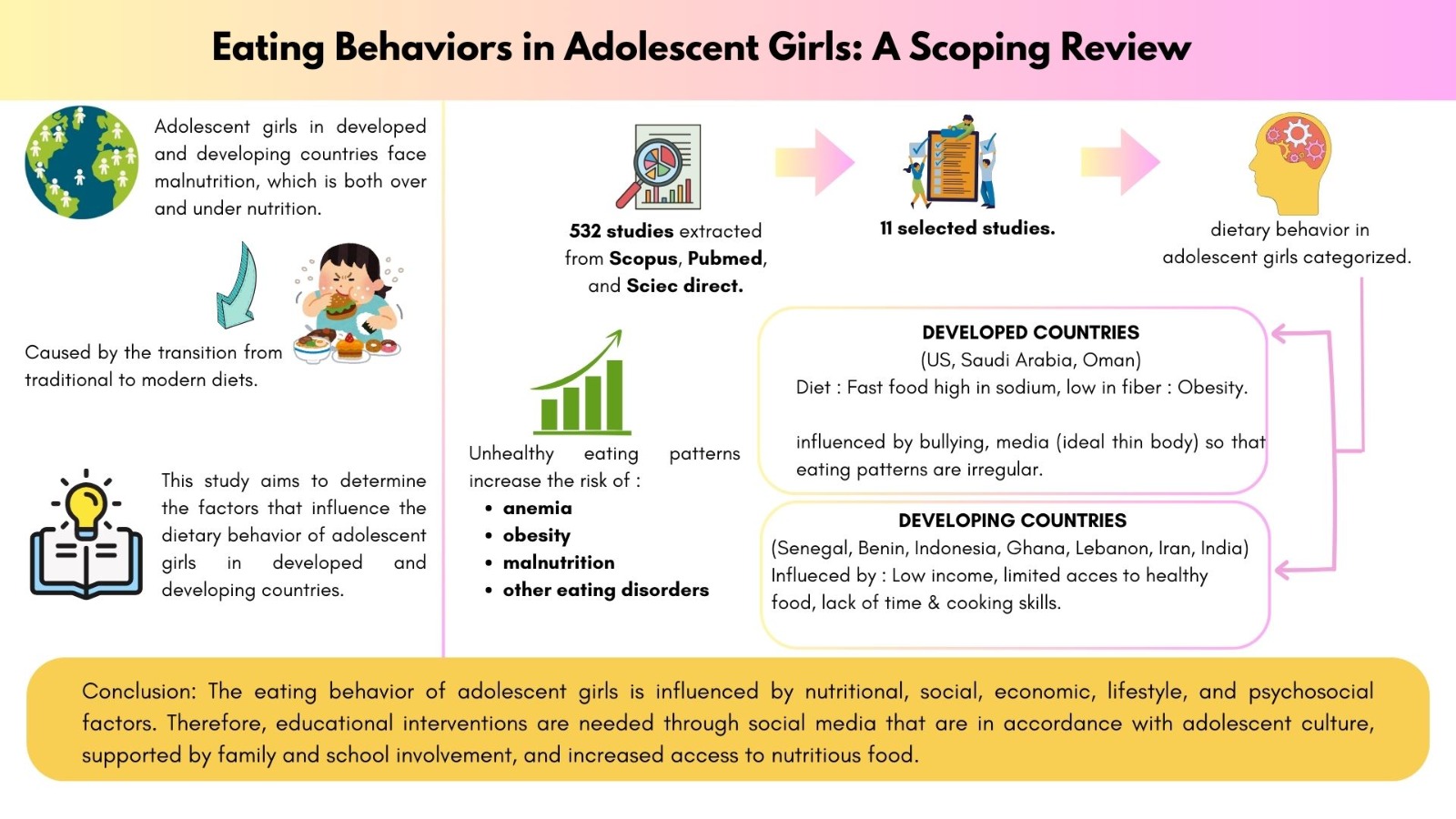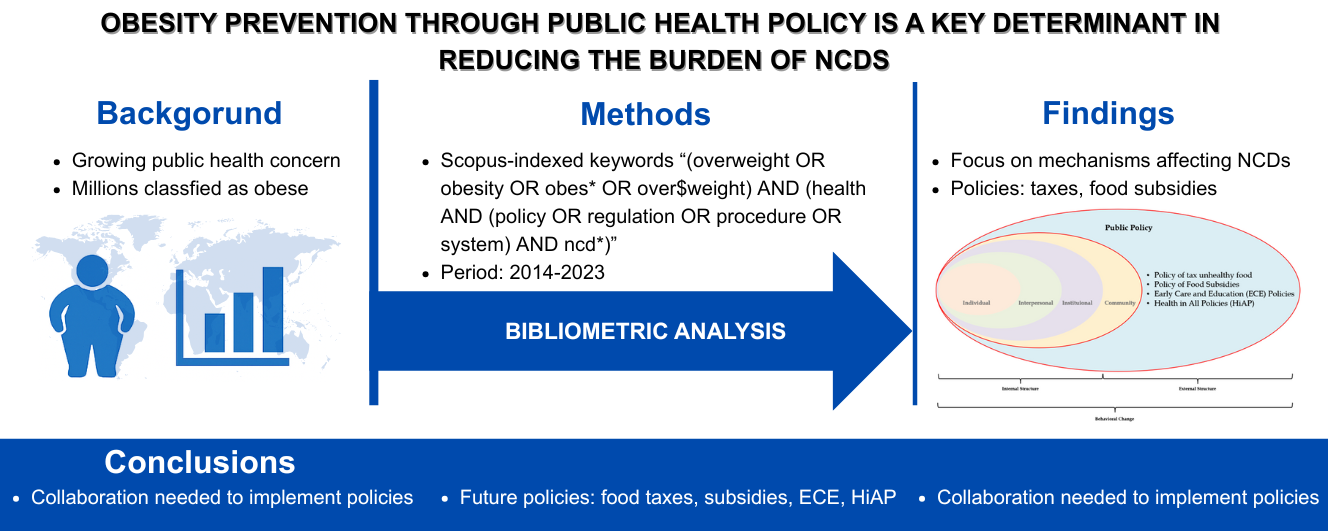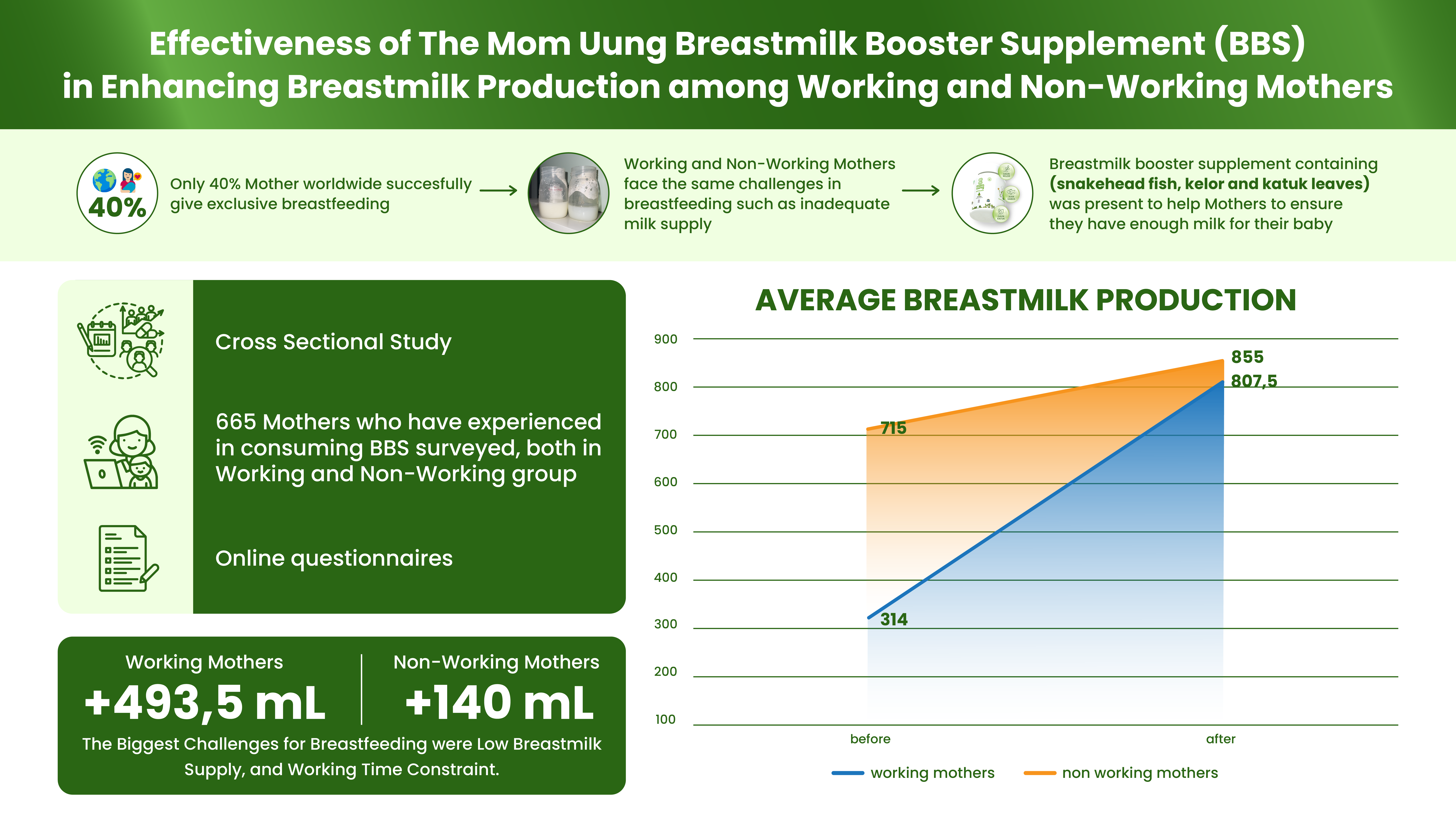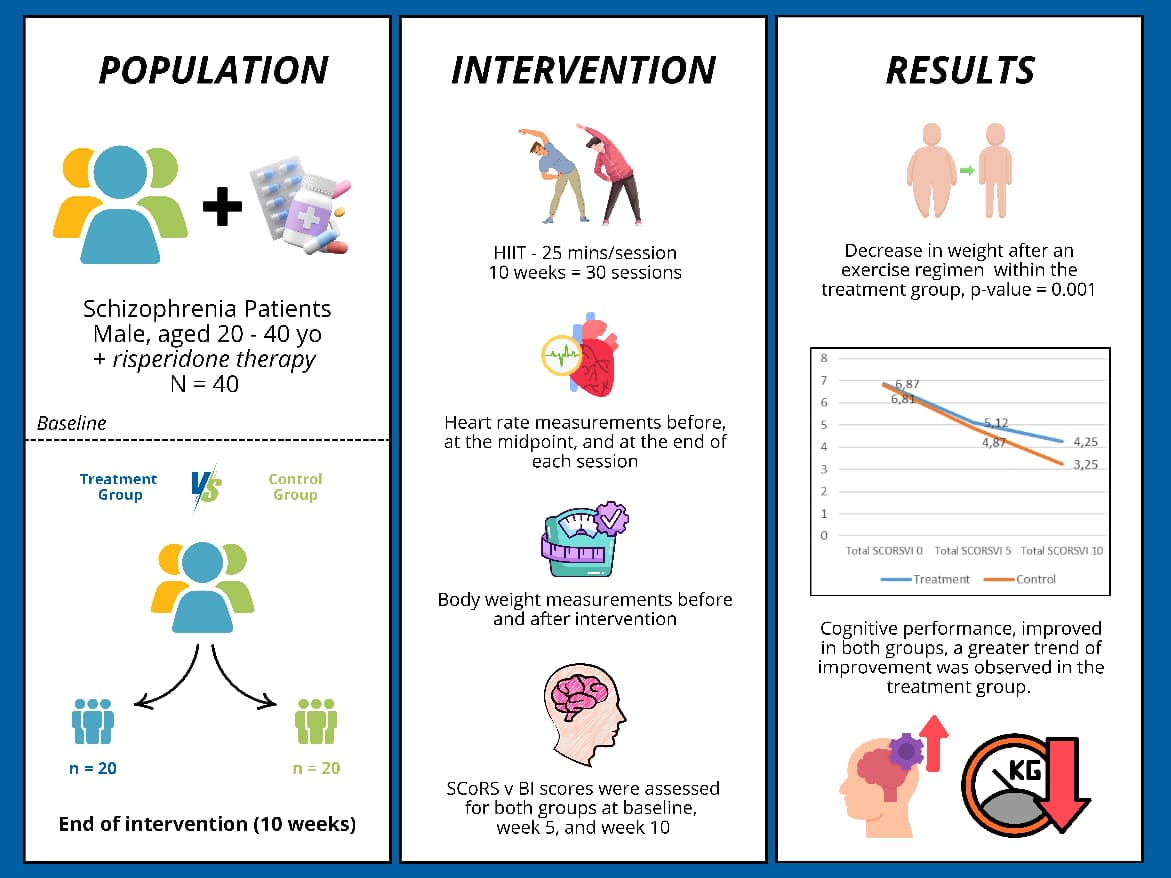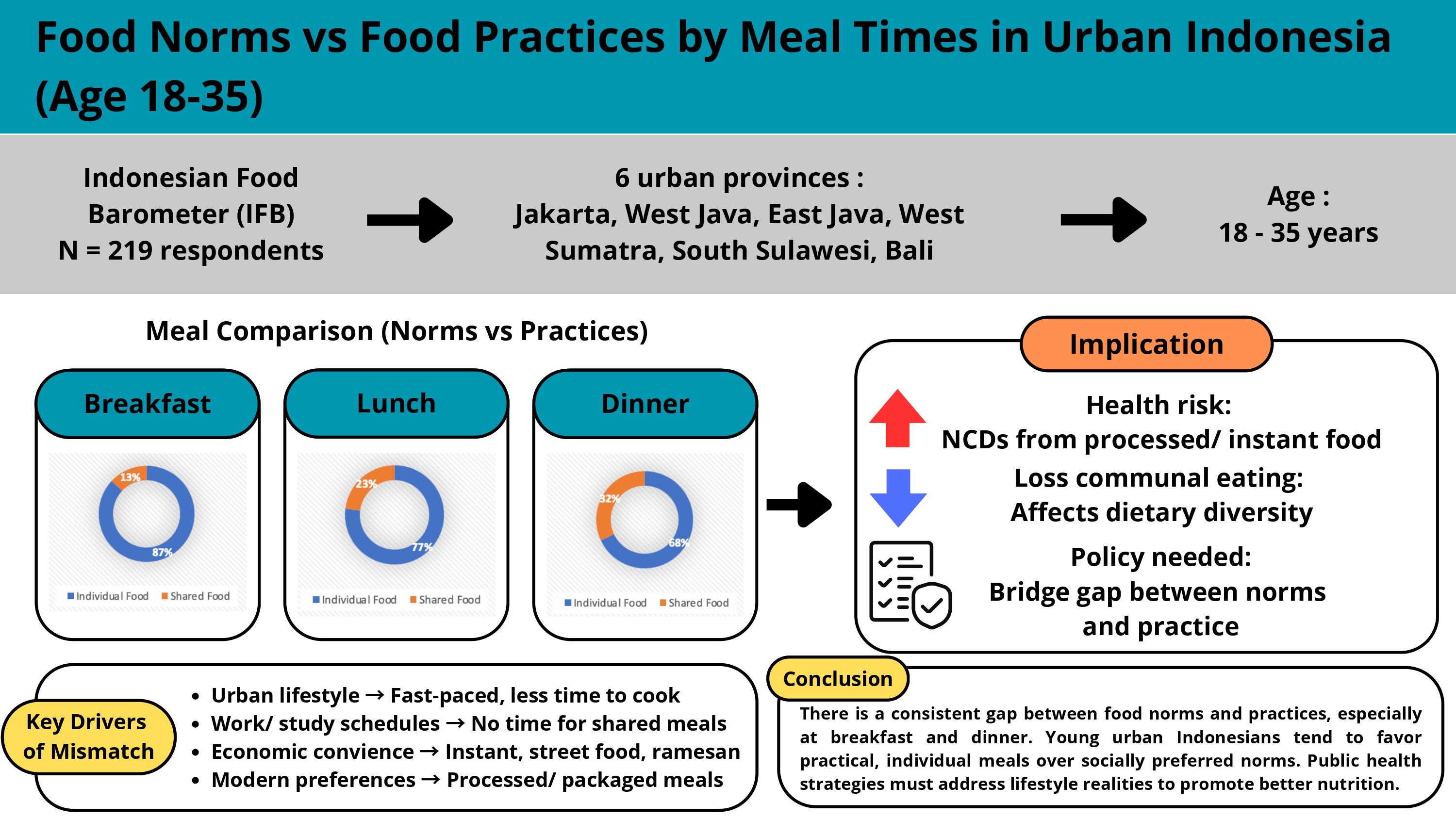Study of Satisfaction towards the Food Services in the PPLP and SKO Athlete Dormitories in Indonesia
Downloads
Providing food for athletes is a special institutional arrangement that caters to athletes' specific needs. Athletes have different nutritional requirements than the non-athlete population, as they need more nutrients to compensate for the energy expended during training, competitions, and recovery after matches. Additionally, athletes must focus on fluid intake and sufficient nutrients to support post-training recovery for optimal performance. Therefore, meeting the needs and satisfaction of athletes becomes a crucial goal for athlete food service. Satisfaction can be assessed based on various indicators such as variety of menu and ingredients, suitable portion size, taste, serving time, packaging, and food handler hygiene. This study aims to assess athletes' satisfaction with the food service in athlete dormitories. The research is an observational survey with a cross-sectional approach involving 159 athletes aged 13-19 years from PPLP West Java, PPLP DIY, PPLP NTB, and SKO Cibubur. Data collection took place in May and July 2022. The research instrument used was a customer satisfaction survey questionnaire with a Likert scale ranging from 1 to 4, where one indicates 'very poor' and four indicates 'excellent.' The analysis technique used Pearson correlation in SPSS 16.0 software. The research showed a relationship between menu variety, ingredient variety, suitable portion size, serving time accuracy, food packaging, serving area, food handler hygiene, food presentation, and food taste with athletes' satisfaction level. Serving time accuracy, food packaging, hygiene, cleanliness of the serving area, food handler hygiene, food appearance, and taste correlate strongly with satisfaction.
Afriani, Y., Sri, K., Umi, M. Daya Terima Atlet Pencak Silat Pada Pemberian Menu Siklus 3 Hari di PPLP Yogyakarta. Medika Respati 2017;Vol 12.
Agustin, M. & Trigono, A., 2016. Determinan Kualitas Pelayanan Penyajian Makanan Pasien Rawat Inap Pada Unit Gizi RSUD Kabupaten Bekasi Tahu 2015. Jurnal Bidang Ilmu Kesehatan, 7(1), 382-386.
Agustina, F., (2016). Hubungan Antara Daya Terima Makanan dengan Tingkat Kepuasan Pelayanan Gizi Pasien Hipertensi Rawat Inap di RSUP dr Soeradji Tirtonegoro Klaten. Universitas Muhammadiyah Surakarta
Aksoydan, E., 2007. Hygiene Factors Influencing Customers' Choice of Dining-Out Units: Findings from A Study of University Academic Staff. Journal of Food Safety, 27(3), 300-316.
Almatsier, Sunita. 2011. Prinsip Dasar Ilmu Gizi, Jakarta. PT. Gramedia Pustaka Utama.
Baiomy et al. 2017. The influence of menu design, menu item descriptions and menu variety on customer satisfaction. A case study of Egypt. Tourism and Hospitality Research, Volume 19 (1).
Claudio, L., 2012. Our Food: Packaging & Public Health. Environmental Health Perspectives, 120(6), A233-237.
Dewi, P. E. A. K., 2019. Tingkat Kepuasan Klien Terhadap Makanan yang Dihidangkan di UPTD BAPELKESMAS Dinas Kesehatan Provinsi Bali. Diploma thesis, Poltekkes Denpasar.
Gliszczynska-Swig A, Ciska E, Pawlak-Lemanska K, Chmielewski J, Borkowski T, Tyrakowska B. Changes in the content of health-promoting compounds and antioxidant activity of broccoli after domestic processing. Food Addit Contam 2006;23:1088–98.
Hasbullah, U. H. A., Setiyowati, E., Widiatmi, N. & Dzulqarnaen, F. F., 2017. Sistem Penyelenggaraan dan Pengelolaan Makanan Bagi Atlet Sepak Bola. Jendela Olahraga, 2(1), 148-154.
Ismail, S., Kadir, N., Pusiran, A.K., Zen, I.S., Khan, A. The Importance of Menu Variety Experience for Public Health Sustainability at Higher Education Institution. Indian Journal of Public Health Research & Development, Sept 2019, Vol.10, No.09
Jamaluddin, R., Redzwan, S.M., Hong, C.C. Athlete's Nutrition Knowledge and Their Perception and Satisfaction in the Foodservice Quality of the Athlete's Cafeteria. Journal of Foodservice Business Research, 17:242-256, 2014.
Marlenywati, Ismail, S., Popy L. Gambaran Asupan Zat Gizi Makro dan Mikro, Sisa Makanan, Status Gizi, dan Tingkat Kepuasan Mutu Hidangan Santri pada Sistem Penyelenggaraan Makanan (Studi di Sekolah Menengah Atas Islam Terpadu Al-Fityan Kabupaten Kuburaya). Jurnal Mahasiswa dan Penelitian Kesehatan 2017; Vol 4 No. 2
Miglio C, Chiavaro E, Visconti A, Fogliano V, Pellegrini N. Effects of different cooking methods on nutritional and physicochemical characteristics of selected vegetables. J Agric Food Chem 2008;56:139–47.
Odeyemi, O. A., Sani, N. A. & Obadina, A. O., 2019. Food Safety Knowledge, Attitudes and Practices Among Consumers in Developing Countries: An International Survey. Food Research International, Volume 116, 1386-1390.
Penggalih, Mirza H.S.T., Solichah, K.M., dan Nadia, A. dkk. 2021. Pedoman Penatalaksanaan Gizi Atlet. Yogyakarta. UGM Press.
Penggalih, Mirza H.S.T.P dkk. 2020. Gizi Olahraga I, Sistem Energi, Antropometri, dan Asupan Makan Atlet. Yogyakarta : UGM Press.
Penggalih, Mirza H.S.T.P dkk. 2021. Pedoman Penatalaksanaan Gizi Atlet. Yogyakarta : UGM Press.
Pepple, N., 2017. Environment and Food Poisoning: Food Safety Knowledge and Practice among Food Vendors in Garki, Abuja – Nigeria. Journal of Health Education Research and Development, 5(2), 1-4.
Peraturan Menteri Kesehatan Republik Indonesia Nomor 28 Tahun 2019 Tentang Angka Kecukupan Gizi yang Dianjurkan Untuk Masyarakat Indonesia. Menteri Kesehatan Republik Indonesia.
Putra, A., Ronitawati, P., Sitoayu, L., Nuzrina, R., & Melani, V. (2021). Sistem Penyelenggaraan Makanan, Preferensi Menu dan Tingkat Kepuasan di PPLP Jawa Barat. Ghidza: Jurnal Gizi Dan Kesehatan, 5(1), 54 - 62. https://doi.org/10.22487/ghidza.v5i1.152
Rodgers, S., 2007. Innovation in Food Service Technology and its Strategic Role. International Journal of Hospitality Management, 26(4), 899-912.
Sedyanti, T., 2014. Pengalaman Penyelenggaraan Makanan untuk Atlet. Presented in PERSAGI Congress Yogyakarta, 25-30 November.
Sunarya, I. & Puspita, W. L., 2018. Perbandingan Daya Terima Makanan Serta Faktor-faktor yang Mempengaruhi Pada Sistem Penyelenggaraan Makanan Swakelola dan Outsourcing. PNJ, 1(2), 74-77.
Tanuwijaya, Laksmi Kurnia et al. Kepuasan Pasien Terhadap Variasi Bahan Makanan di Rumah Sakit. Jurnal Gizi Volume 8 No 1 Tahun 2019.
Widyastuti, N., Nissa, C., dan Panunggal, B. 2018. Manajemen Pelayanan Makanan. Yogyakarta. Penerbit K-Media.

This work is licensed under a Creative Commons Attribution-NonCommercial-ShareAlike 4.0 International License.
- MEDIA GIZI INDONESIA Journal is the copyright owner of all materials published on this website.
- The formal legal provisions for access to digital articles of this electronic journal are subject to the terms of the Creative Commons Attribution-NonCommercial-ShareAlike license (CC BY-NC-SA 4.0), which means that MEDIA GIZI INDONESIA Journal and readers reserve the right to save, transmit media / format, manage in database, maintain, and publish articles as long as it continues to include the name of the Author.
- Printed and published print and electronic manuscripts are open access for educational, research and library purposes. In addition to these objectives, the editorial board shall not be liable for violations of copyright law.


2.png)















